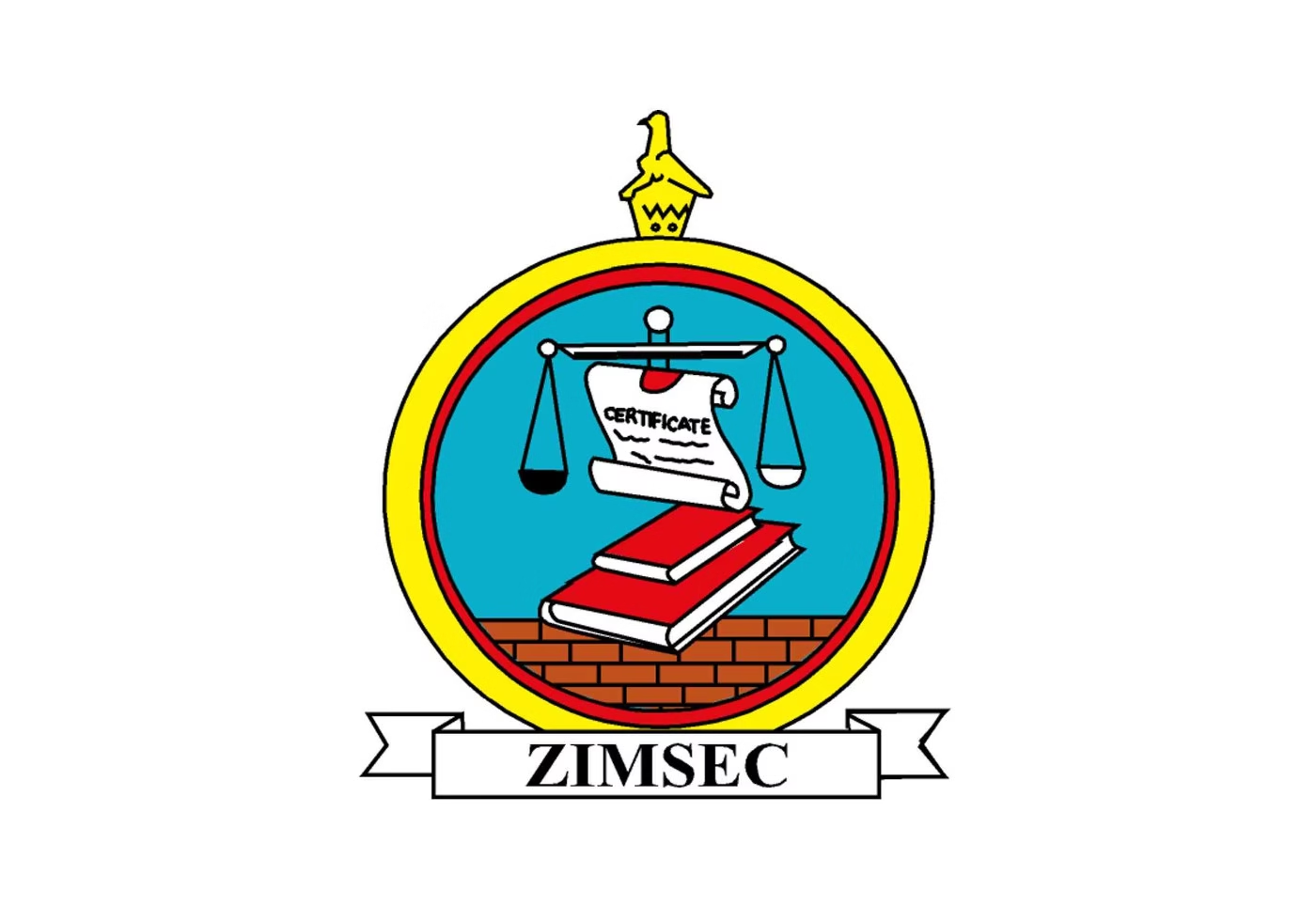
The Zimbabwe School Examinations Council (ZIMSEC) is set to undergo sweeping reforms through an amendment to its founding Act, in a bid to curb growing cases of examination malpractice and restore credibility to Zimbabwe’s education system.
The ZIMSEC Amendment Bill, which has already gone through its first reading in the National Assembly, is poised to usher in a new era of accountability and security in the administration of national examinations. The proposed legislation is now headed for public consultations.
According to the Permanent Secretary in the Ministry of Primary and Secondary Education, Mr Moses Mhike, the amendment seeks to address systemic weaknesses that have allowed examination paper leakages, registration irregularities, and fraudulent conduct to undermine the integrity of public assessments.
“This is a bold step toward safeguarding the future of our learners and protecting the value of Zimbabwean qualifications both locally and internationally,” said Mr Mhike. “The amendment will give ZIMSEC greater regulatory power, including the authority to de-register non-compliant examination centres.”
This provision is particularly critical, as several examination centres have been flagged in recent years for unethical practices and failure to meet minimum standards. Stakeholders argue that these irregularities not only tarnish ZIMSEC’s credibility but also compromise fairness for thousands of honest learners.
The Education Coalition of Zimbabwe (ECOZI), a network of civil society organisations advocating for quality and inclusive education, has welcomed the proposed changes. Its Director, Mr Elvis Chitsungo, described the bill as timely and necessary.
“It promotes transparency, fairness, and accountability in the conduct of national exams,” Chitsungo said. “If implemented with integrity, the amendment will strengthen confidence among learners, parents, and development partners.”
However, education analysts are urging lawmakers and the Ministry to take a holistic view of the challenges facing the examination system. While the power to de-register centres is necessary, they caution that it must be implemented in a way that does not disadvantage under-resourced schools, particularly in rural areas where infrastructure and oversight are weak.
There are also growing calls for the reform process to be inclusive. Civil society leaders are advocating for a meaningful consultation process that includes teachers, learners, parents, school administrators, and community leaders.
“This is not just about punishing wrongdoing,” said education expert Dr. Nyarai Mhundwa. “It’s about modernising how we manage and secure exams, and ensuring the legislation is future-ready, especially with the rise of digital learning and cybersecurity threats.”
The amendment comes at a time when trust in the education system has been severely tested, with exam paper leaks in recent years leading to widespread calls for reform. In some instances, learners have had to re-write papers, disrupting academic calendars and affecting learner morale.
The government, through the Ministry of Primary and Secondary Education, has positioned the amendment as part of its broader commitment to strengthening Zimbabwe’s human capital base under Vision 2030 and the National Development Strategy 1 (NDS1).
As public hearings approach, the spotlight will now be on how inclusive the process will be, and whether the final law will balance security enforcement with equitable access to fair and transparent assessment for all learners.
For now, education stakeholders agree on one thing: restoring the integrity of Zimbabwe’s examination system is not just a legal necessity, it is a national priority.




